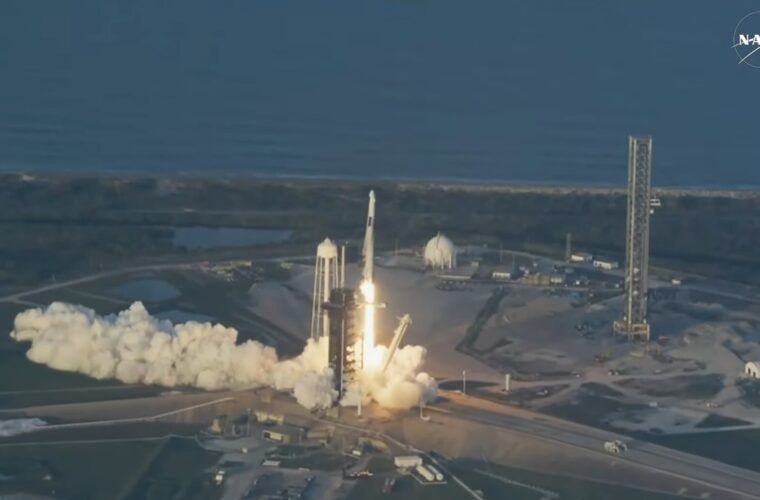When thinking of launching rockets into space, there are few things as stimulating as this in the realm of science and engineering. But how actually do we launch things beyond our planet? Let’s break it down. To leave the pull of Earth’s gravity, rockets need thrust-a strong force from the burning of fuel. The thrust pushes the rocket upwards, fighting the pull of gravity and air resistance. But that is not all: rockets also have to reach speeds of 28,000 km/h (17,500 mph) if they are to remain in orbit!
Most rockets consist of several stages: the most power is produced by the first stage, which falls away when it exhausts its fuel; the second stage then takes over, taking the rocket higher. And so on to the very last stage that places the payload-be it a satellite, a space probe, or a crewed spacecraft into space.
Anytime a rocket launches, it takes several months, sometimes even years, of preparation. Design engineers and then test every piece of the rocket for survival in extreme conditions in space. Astronauts have to go through extensive training, training for emergencies, learning to operate the systems of the spacecraft, and even underwater training to mimic weightlessness. There are also many problems related to the weather conditions. Strong wind, a storm, or even some minor technical problem can postpone a launch. When, at last, everything is ready, a countdown is performed, and the rocket takes off into the sky, undertaking a voyage beyond Earth.
Space is not for astronauts alone! We launch satellites for communication, GPS, and tracking the weather. Some of the satellites, like CubeSats, are very small but yield very useful scientific data. Meanwhile, crewed missions send astronauts to the International Space Station, where they conduct research that benefits life on Earth.
Every rocket launch supports technology, science, and innovation. Satellites help us navigate, connect, and understand our planet better. Future missions are already planning for moon bases, Mars exploration, and space tourism! With space travel advancing fast, who knows? Maybe one day, you’ll be on a rocket to space, too!



